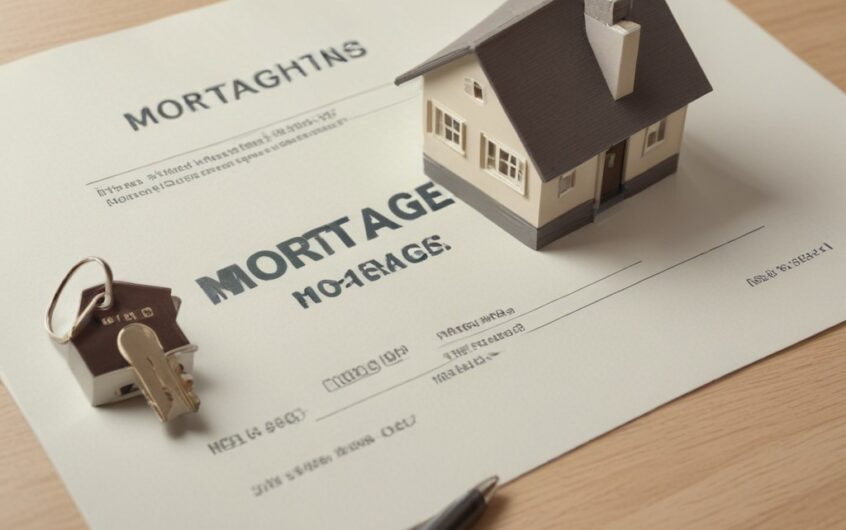Buying your first home can be hugely exciting, however, it can also be daunting, particularly when it comes to securing a mortgage. The world of mortgages can certainly be overwhelming for first-time buyers, with so much to consider, from understanding the different mortgage types to navigating the application process. Read on for essential mortgage advice for first time buyers.
Assess your finances carefully
Before applying for a mortgage, make sure you assess your finances carefully. Work out your income, outgoings and what debts you have. Gaining a thorough understanding of your financial situation can help you determine how much you can afford to borrow and repay each month. Take into account additional costs such as solicitors fees and stamp duty to ensure you don’t overstretch yourself financially.
Understand the different mortgage types
There are various types of mortgages available, ranging from fixed-rate mortgages that offer set monthly payments for an agreed period to variable-rate mortgages with fluctuating interest rates. Which is right for you depends on your financial circumstances and preferences. Whilst fixed-rate mortgages provide stability since you’ll know exactly how much you’ll pay each month, variable-rate mortgages offer flexibility and often lower initial rates. Discuss your options with a mortgage advisor or broker.
Save up a deposit
You’ll need to save up for a deposit before you can buy your first home. The bigger the deposit, the more options you’ll have when it comes to mortgages and the deals you can access. A larger deposit also demonstrates to lenders that you’re a lower-risk borrower, which can result in better interest rates and loan terms. Setting up a savings plan is essential to reach your savings goal successfully.
Check your credit report
Your credit report plays a crucial role in the mortgage application process, with lenders using it to assess your creditworthiness. This makes it vital to obtain a copy of your credit report before applying for a mortgage, carefully reviewing it for any errors or inaccuracies. Check for any missed payments or defaults that could be dragging down your credit score.
If your credit score is low, take steps to improve it before you begin the application process. Pay off existing debts, make payments on time and avoid taking on any new debt. This will help to boost your chances of getting a mortgage and, eventually, the keys to your new home.
If you’re ready to buy your first home, it pays to seek professional advice from an experienced mortgage advisor or broker. Get in touch with the team at A Little Mortgage Advice to benefit from personalised guidance and support throughout every stage of the mortgage application process.




